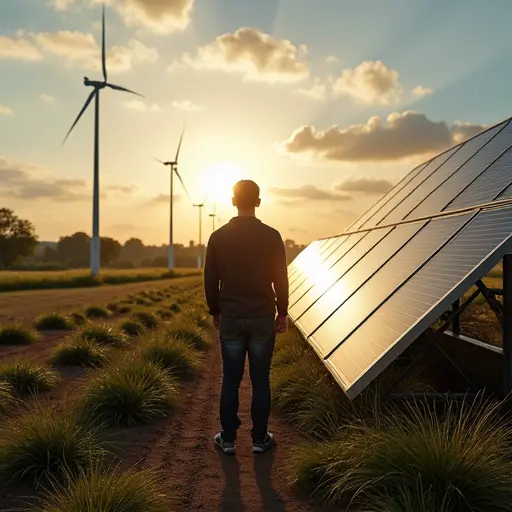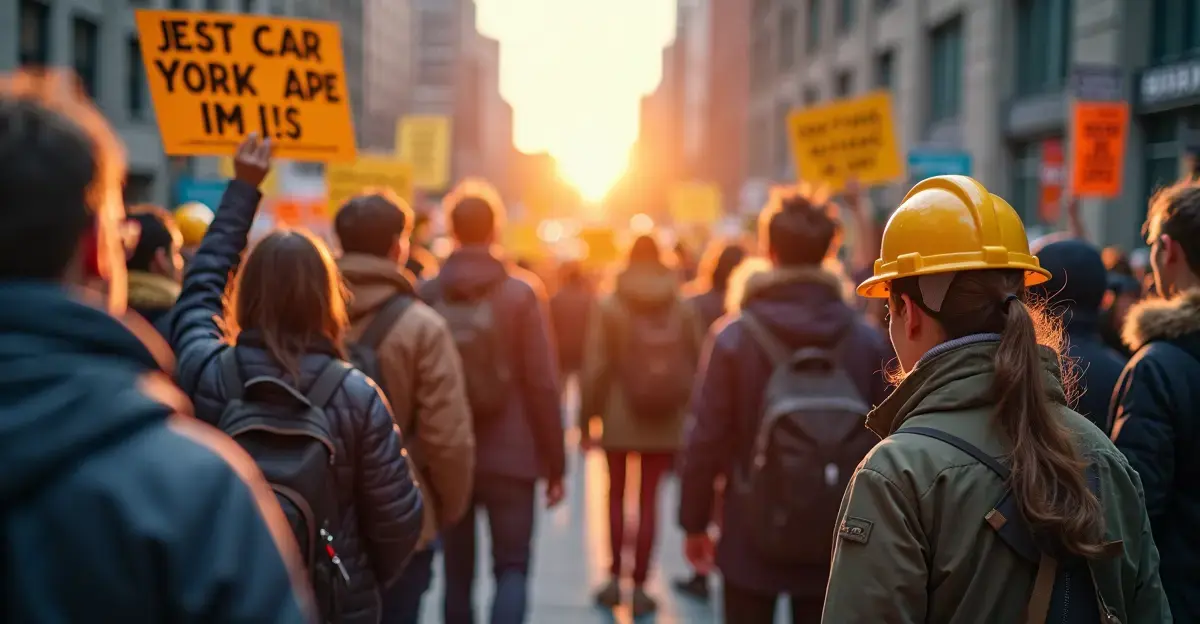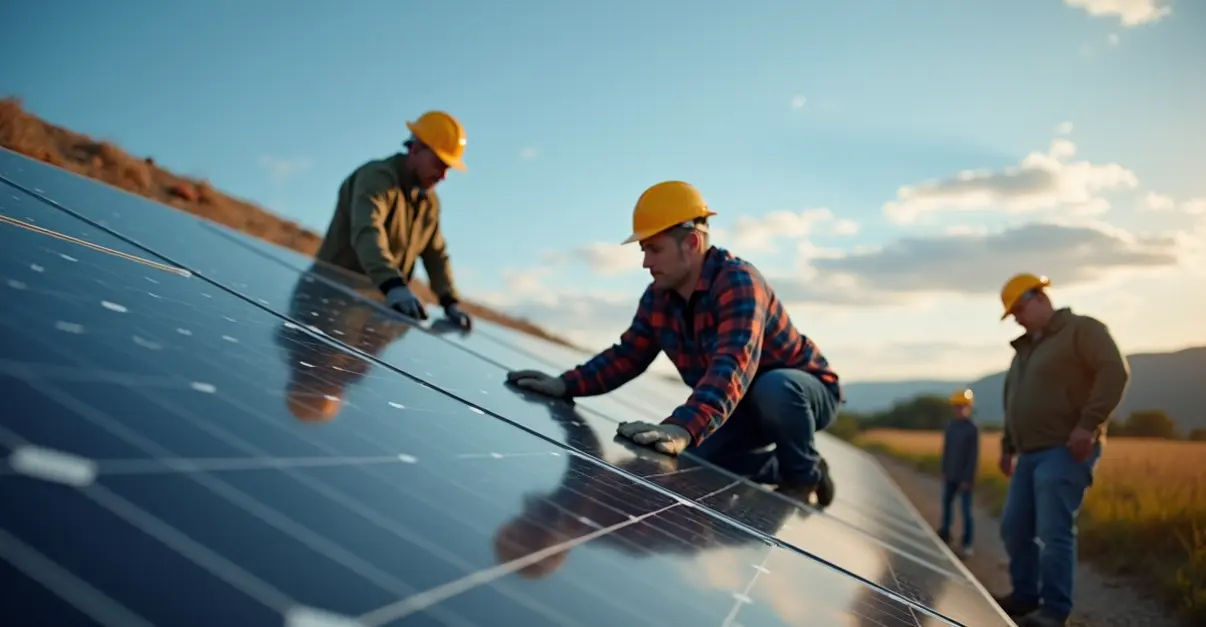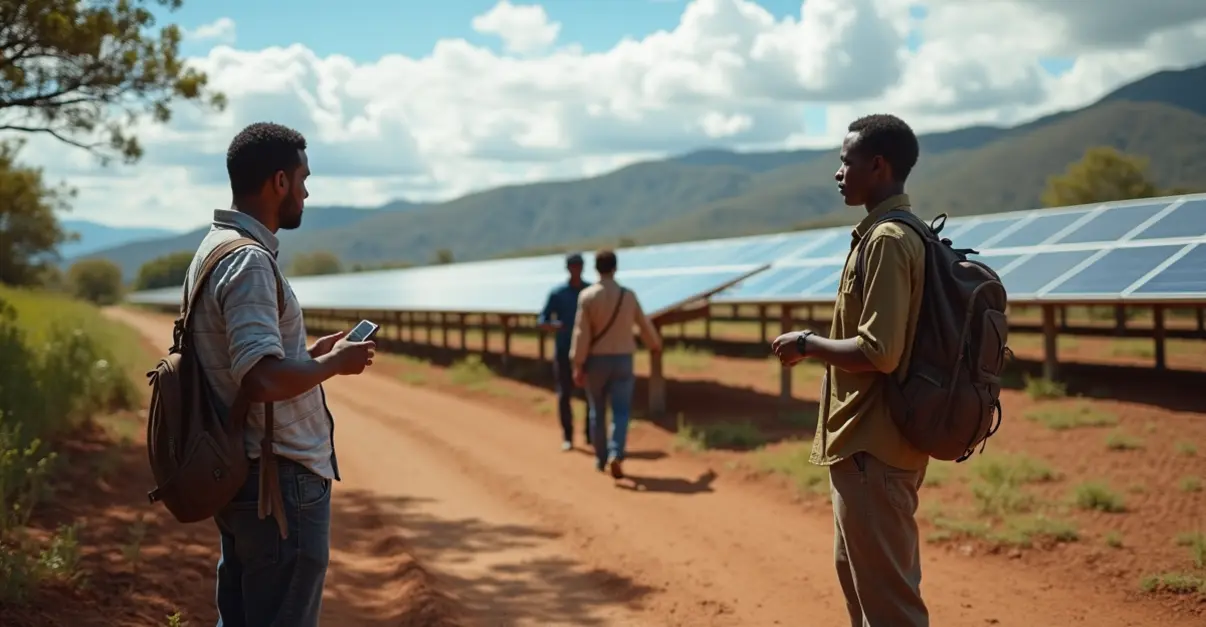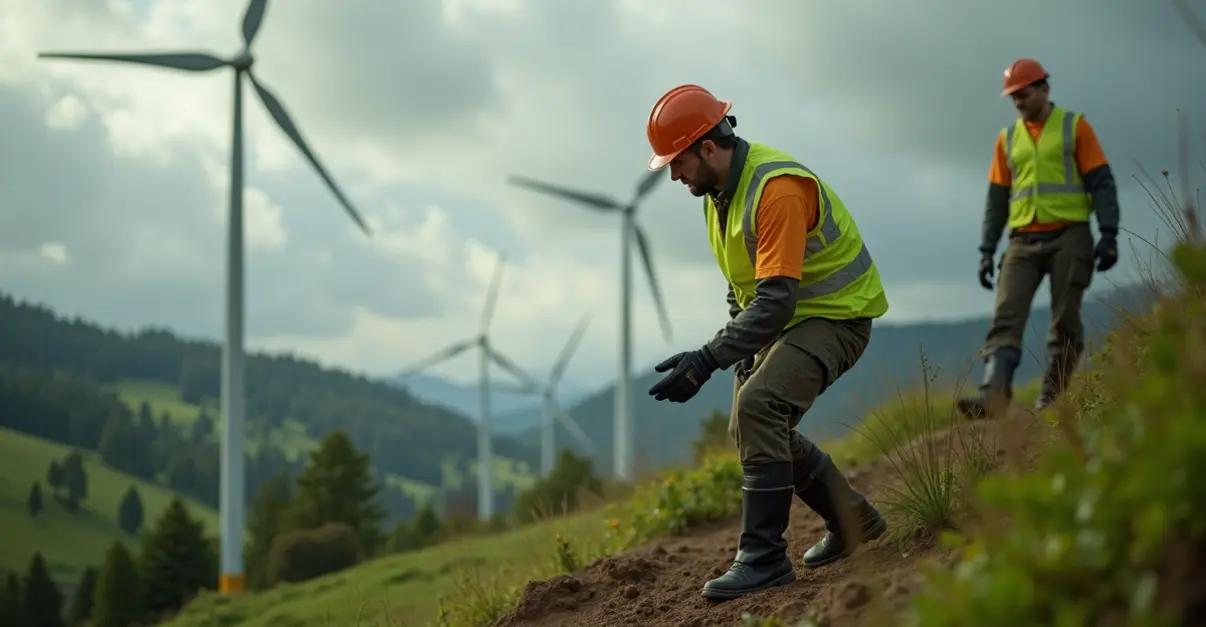Renewable energy projects are increasingly using stakeholder engagement, revenue sharing, and local hiring to earn social license. Successful models include community benefits agreements, local ownership, and workforce development that create win-win outcomes for climate goals and communities.
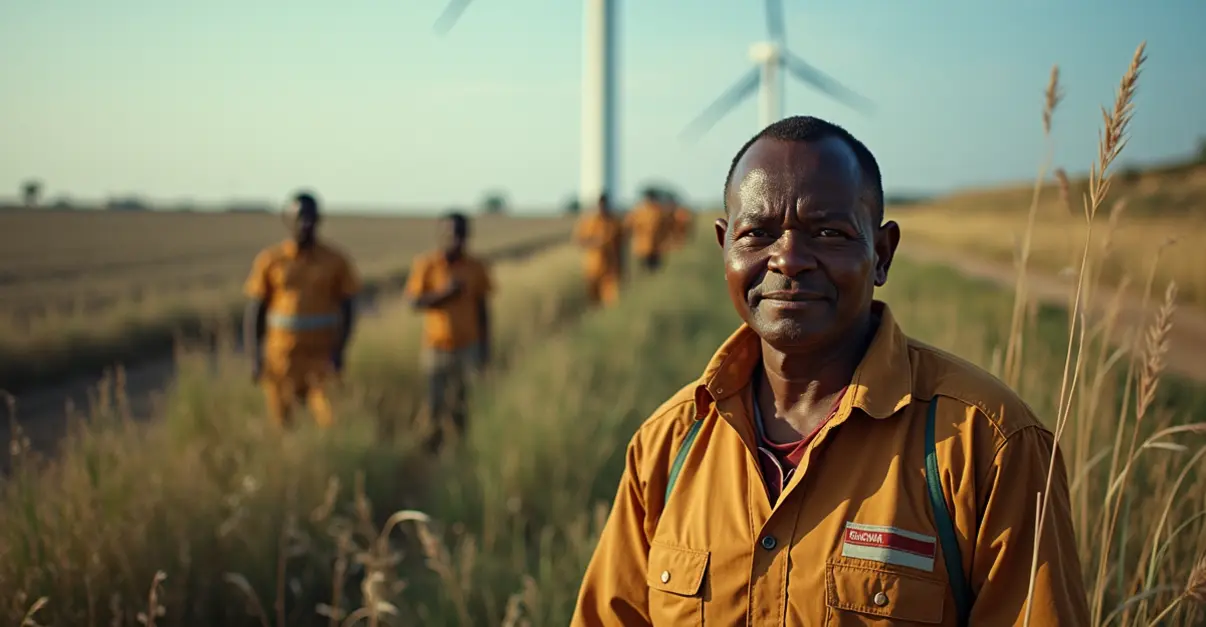
The New Era of Renewable Energy Development
As the world accelerates its transition to clean energy, renewable projects are increasingly recognizing that technical feasibility and economic viability alone are no longer sufficient for success. The concept of 'social license to operate' has emerged as a critical factor determining whether wind farms, solar installations, and other renewable projects can move forward without significant community opposition. 'We've learned that community acceptance isn't something you can buy—it's something you earn through genuine partnership and shared benefits,' says Maria Rodriguez, a community engagement specialist with over 15 years of experience in renewable energy development.
Stakeholder Engagement: Beyond Token Consultation
Modern renewable energy projects are adopting sophisticated stakeholder engagement strategies that go far beyond traditional public hearings. Developers are now implementing continuous dialogue processes that begin during project conception and continue throughout the project lifecycle. According to research from the World Resources Institute, successful engagement involves identifying all affected stakeholders, understanding their concerns and aspirations, and creating meaningful opportunities for participation.
'The days of simply presenting a finished plan to communities are over,' explains Dr. James Chen, a researcher at Columbia University's Sabin Center for Climate Change Law. 'Communities want to be partners in the process, not just recipients of information.' This shift has led to the development of community advisory committees, regular progress updates, and transparent decision-making processes that build trust over time.
Revenue Sharing: Creating Local Economic Value
One of the most significant innovations in renewable energy development has been the implementation of revenue sharing mechanisms that ensure local communities benefit directly from projects in their areas. The Sabin Center's database reveals that solar projects across the United States are providing annual payments ranging from $55,000 to $1.2 million to host communities, while wind projects offer both upfront payments and escalating annual contributions based on energy production.
In Europe, successful models have demonstrated the power of revenue sharing. 'Our wind farms in Burgenland have not only achieved energy independence but have generated significant economic growth for the region,' notes Austrian energy developer Klaus Schmidt. 'The community receives direct financial benefits that support local services and infrastructure.' Similarly, Greek wind farms are generating €3.9 million annually for local services, while Poland's Margonin project contributes 25% of the municipal budget.
Local Hiring and Workforce Development
Commitments to local hiring and workforce development have become standard components of successful renewable energy projects. Developers are increasingly recognizing that creating local employment opportunities not only builds community support but also develops the skilled workforce needed for the clean energy transition. Community Benefits Agreements often include specific targets for local hiring, apprenticeship programs, and partnerships with local educational institutions.
'When we commit to hiring locally and providing training opportunities, we're not just building a project—we're building capacity within the community,' says Sarah Johnson, project manager for a major solar development in California. 'This creates a virtuous cycle where the community develops expertise that can be applied to future projects and other industries.'
Community Ownership Models
Perhaps the most transformative approach to community benefits involves ownership models that allow local residents to become direct stakeholders in renewable energy projects. Community solar cooperatives, like those in Amsterdam, enable residents to save money on energy bills while generating revenue for local businesses. In London, community-owned solar panels fund educational grants, creating sustainable funding for local schools.
'Community ownership changes the entire dynamic,' explains environmental economist Dr. Elena Martinez. 'When community members are owners rather than just hosts, they have a direct stake in the project's success and are more likely to support its development and operation.' These models represent a fundamental shift from the fossil fuel era, where profits typically flowed to distant corporations while local communities bore the environmental and social costs.
The Future of Social Licensing
As renewable energy deployment accelerates globally, the standards for social licensing continue to evolve. A recent perspective paper argues that conventional approaches to social licensing often overlook significant inequalities in who has power to support or resist projects. The authors call for intersectional justice-centered frameworks that address the differentiated experiences of communities during energy transitions.
'The future of renewable energy development depends on our ability to create truly equitable partnerships with communities,' concludes Rodriguez. 'This means moving beyond scattered goodwill examples to making community benefits and meaningful engagement standard practice across the industry.' As more projects demonstrate the success of these approaches, they're setting new benchmarks for what communities can and should expect from renewable energy development in their backyards.

 Nederlands
Nederlands
 English
English
 Deutsch
Deutsch
 Français
Français
 Español
Español
 Português
Português




